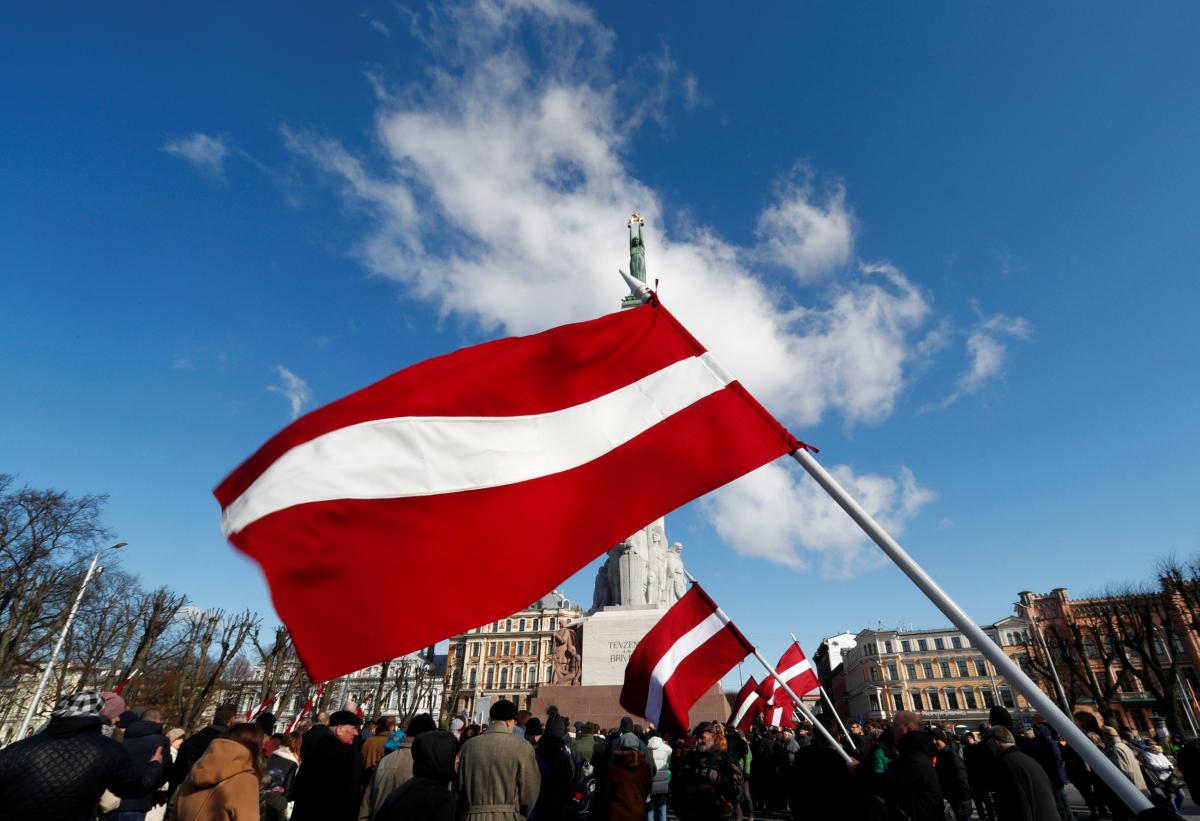
Latvian President Raimonds Vejonis on April 2 approved the transfer of national minority schools to the Latvian language of instruction.
He said that classes in Latvian in secondary schools would ensure equal opportunities for all young people to get a quality education and build their life in Latvia, the presidential press service reported, according to Deutsche Welle.
"Children, as before, will have the opportunity to study subjects related to national minorities, their identity and culture," Vejonis said.
According to the education reform, preschool education will remain bilingual. In primary schools, 50% of subjects will be taught in Latvian, while in the 7-9th grades – it will be 80%. In grades 10 to 12, students will hear only Latvian language of instruction, with the exception of subjects related to national minorities' languages (mother tongue and literature).
The transition will be a gradual process. In the academic year 2019-2020, 80% of the teaching in the state language will be required only in 7th grades at basic schools, in 2020-2021 – in 7-8th grades, and in 2021-2022 – in the final years of study at basic schools. In the academic year 2020-2021, students of 10-11th grades at secondary schools will be fully trained in the state language, and in another year, the new rules will apply to all grades.
Deputy State Secretary at the Ministry of Education and Science of Latvia, Gunta Araja, said earlier that EUR 3.6 million was allocated for the support and additional training of teachers in 2018-2020, according to the Latvian DELFI. Moreover, EUR 3.3 million is expected to be channeled from the European Union funds for training 8,000 teachers working in national minorities' educational facilities.
As UNIAN reported earlier, Hungary said it would be blocking Ukraine's Euro-Atlantic rapprochement efforts until Ukraine reviewed its recently adopted education law strengthening the role of Ukrainian language of instruction in national minority schools.
Hungary's Minister of Foreign Affairs and Trade Peter Szijjarto says that Hungary would return to a position supporting Ukraine in NATO and EU if Kyiv guarantees that the education law is not brought into force before 2023 and is tangibly amended.
At the same time, according to Deputy Minister of Foreign Affairs of Ukraine on European Integration Olena Zerkal, Ukraine "cannot satisfy all interests and positions put forward by the Hungarian community. We have our own interests in state development, and this state development also depends on the development of our language. Each state is built on the language and culture of this language. All countries have gone through this."
Mathieu Boulegue, an expert on Ukraine from international affairs think tank Chatham House, said Hungary's language row with Ukraine is more about "sucking up" to Russia than protecting minority communities.

